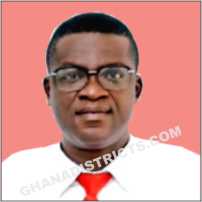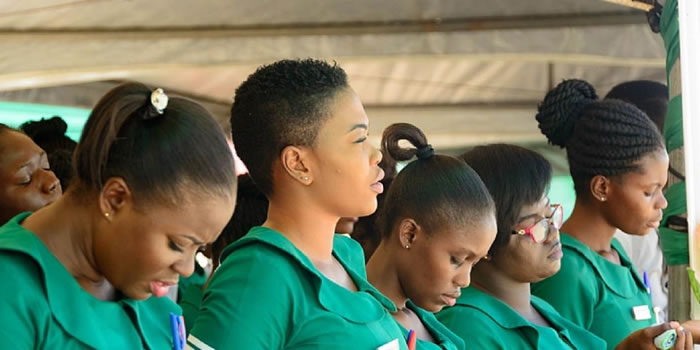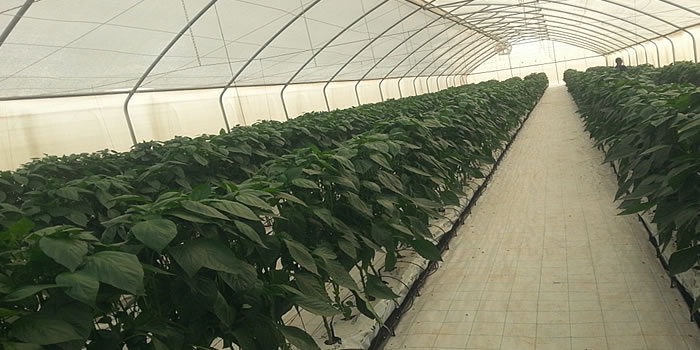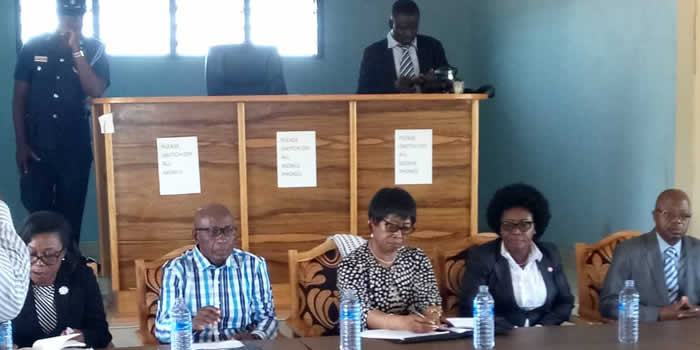

Modern Political Administration
The Offinso North District Assembly is the highest political and administrative authority in the district. Under Section 10 of the Local Government Act, 1993 (Act 462) the Assembly exercises deliberative, administrative and executive functions in the district.
It is responsible for the overall development of the district by way of preparation of development plans and the budget related to the approved plans. Its functions include;
Formulating and executing plans, programmes/projects and strategies for the effective mobilization of all resources in the district.
Promoting and supporting productive activity and social development in the district.
Initiating programmes for the development of basic infrastructure.
Developing and managing human settlements and the environment.
Ensuring ready access to courts in the district for the promotion of justice and
Coordinating, integrating and harmonising the execution of programmes and projects under approved development programmes promoted or carried out by ministries and departments.
The District Chief Executive is the political and executive head of the Assembly. He is nominated by the President of the Republic of Ghana and approved by two-thirds of members present and voting.
The Assembly
The Assembly has a total membership of 32:21 elected members and 11 government appointees and 1 Member of Parliament. Out of this 27 are males whilst 5 are females. Those elected are elected by the people in the electoral areas they represent whilst the government appointees are appointed by the government.
These government appointees are normally people of varied professional backgrounds and the notion behind their appointment is that they would bring their expertise to bear on the Assemblies performance. Meetings of the Assembly are presided over by the Presiding Member who also chairs the Complaints Committee.
The Executive Committee
The Executive Committee is the body that assists the District Chief Executive in the performance of functions. It deliberates and takes decisions on the policy issues in relation to the Assembly.
Under section 20(2) of the Local Government Act, the District Chief Executive is the chairman of the Executive Committee and he presides over its meetings. The District Chief Executive is responsible for the day - to - day performance of the executive and administration functions of the Assembly and the supervision of the various departments. He performs these functions through the Assembly Coordinating Director who is the head of the administrative machinery in the district: key personnel of the District Administration, heads of department and sub-governmental agencies operating in the district.
Key Departments
The Departments of the Assembly includes;
• Ghana Education Service
• Ghana Health Service
• Department of Food and Agriculture
• Fire service
• Town and Country Planning
• Social Welfare and Community Development
• Environmental Health and Sanitation
• Birth and Death Registry
Sub-Committees of the Assembly
In compliance with section 24(1) of the Local Government Act, 1993 Act (462) the following sub-committees have been established;
Development Planning
Works
Finance and Administration
Social Services
Justice and Security
Under section (xi) of Act 462, every sub-committee is responsible for collating and deliberating on issues relevant to the Executive Committee of the Assembly.
Other committees formed are the Public Relations and Complaints Committee (PRCC) which is chaired by the Presiding member of the Assembly and the Local Economic Development committee which is also chaired by the Convener of the Development Planning Sub-committee.
Sub-District Structures
In line with the 1992 Constitution, the assembly has the following sub-district structures;
Urban Council - 1 (Akomadan/Afrancho)
Town Council - 1 (Nkenkaasu)
Area Council - 2 (Asuoso and Nsenoaman)
Unit Committees - 49
These structures are meant to promote and enhance good governance, participation in decision -making, transparency, accountability and to accelerate the development process at the local and community levels.
With exception of the Nsenoaman Area Council, the other three Urban/Town/Area Councils have permanent office accommodation. All these sub-structures lack permanent staff and logistics as such are not functioning the way they should. However, with the pressure to provide office accommodation for departments, the Afrancho, Akomadan and Nkenkaasu offices are being used by these departments.
Civil Society Organisations (NGOs, CBOs, FBOs)
There is collaboration between civil society organizations and the Assembly aimed at a collective effort in the development of the district. They include Single Parent Foundation, Ahenema Development Foundation, Ghana Social Marketing Foundation, Tim Africa Aid Ghana, Environmental Organic Farmers and Reproductive Health Services, Christian Mothers and other Women’s Fellowships.
Justice and Security
The district has three (3) police stations. These are at Akomadan, Afrancho and Nkenkaasu. The Assembly has also set up a District Security Committee (DISEC) which meets regularly to review the security situation in the district. It is chaired by the District Chief Executive. However, there is no court in the district and so cases are sent to Offinso for prosecution.
The offices of the Commissioner on Human and Administrative Justice (CHRAJ) and the Domestic Violence and Victims Support Units (DVVSU) have not been established in the district yet.
There are a number of chieftaincy disputes in the district. This is a threat to security and inimical to development in that there is no unity amongst the various contenders and their followers. This does not foster consensus building as a democratic principle.
Date Created : 11/25/2017 5:46:20 AM











 facebook
facebook
 X
X
 Youtube
Youtube
 instagram
instagram
 +233 593 831 280
+233 593 831 280 0800 430 430
0800 430 430 GPS: GE-231-4383
GPS: GE-231-4383 info@ghanadistricts.com
info@ghanadistricts.com Box GP1044, Accra, Ghana
Box GP1044, Accra, Ghana